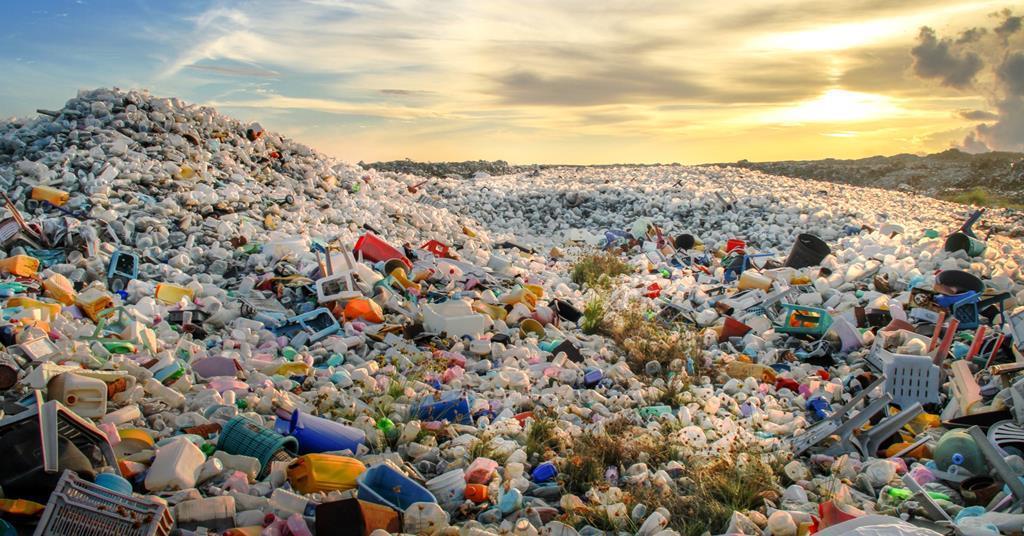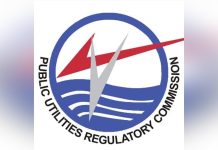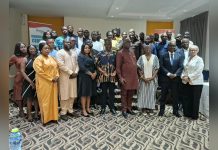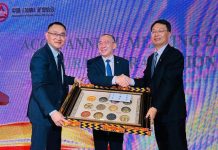Africa-Press – Ghana. The ECOWAS Parliament’s delocalized Joint Committees on Agriculture, Environment and Natural Resources, Energy and Mines, and Infrastructure recently convened a town hall meeting in Winneba to address critical plastic waste management issues.
The event, part of a three-day program, was themed “Plastic Waste Management: Challenges and Prospects in Implementing Community Policies.”
The meeting served as a platform for regional stakeholders to showcase local initiatives, share insights, and discuss strategies for combating plastic pollution across West Africa.
By highlighting successful practices and identifying areas for improvement, it aimed to influence regional policies and actions.
In his welcome address, Alhaji Zubairu Kassim, Municipal Chief Executive for Effutu Traditional Area, emphasized the need for a coordinated approach to tackle plastic waste.
“Solving this global challenge requires a systemic approach,” he said. We must unite across the public, private, civil society, and people’s organizations to address plastic pollution effectively.”
Alexander Kwamena Afenyo-Markin, 3rd Deputy Speaker of ECOWAS and leader of the Ghana delegation, delivered the official statement.
Afenyo-Markin highlighted the severe impact of plastic waste on local environments, noting the deterioration of Winneba’s beaches and waterways.
He underscored that the plastic waste crisis is not just an environmental issue, but a threat to the aesthetics, economy, and health of our communities, emphasizing the need for immediate and collective action.
Afenyo-Markin presented a “Five Point Action Plan” to guide ECOWAS in addressing the issue.
He called for collective action and drew inspiration from West Africa’s resilience and innovative spirit, urging attendees to commit to environmental stewardship.
Senator Mohammed Ali Ndume, Chairman of the Agriculture Committee, supported the Deputy Speaker’s call and advocated for increased women’s involvement in managing plastic waste, highlighting the crucial role of gender inclusivity in our fight against plastic pollution.
He praised Ghana’s gradual efforts to combat plastic pollution, particularly highlighting the Accra Compost Recycling Plant, instilling a sense of pride and encouragement in the audience for the progress made.
During the visit to the plant, legislators observed advanced waste sorting and composting processes.
The facility, a pioneer in West Africa, processes 600 metric tons of urban waste daily and produces reusable products, including organic manure, plastic pellets, and recyclable materials for various markets.
Senator Fanta Conté, Chairman of the Energy Committee, proposed leveraging the plastic waste crisis as an opportunity for job creation. He recommended registering small and medium-sized enterprises (SMEs) to manage plastic collection and coordinate with processing companies.
The town hall meeting underscored the importance of collaborative efforts and innovative solutions in managing plastic waste, focusing on creating sustainable practices and economic opportunities in the region.
For More News And Analysis About Ghana Follow Africa-Press







